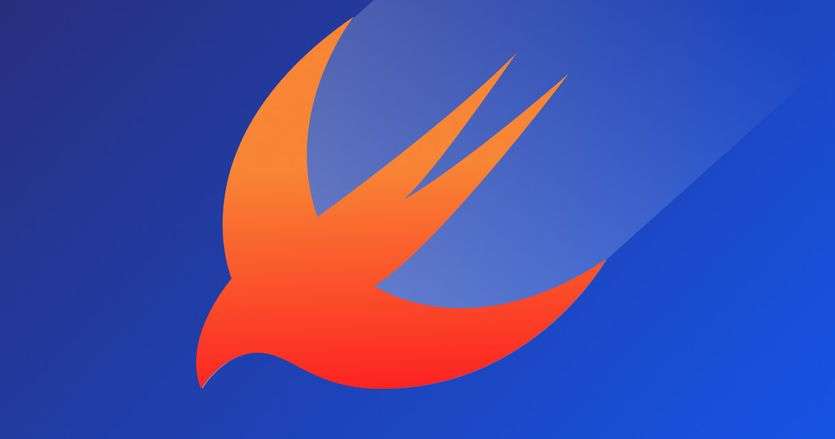History
Swift is a relatively new language in the mobile development arena. Before it was introduced in 2014 (and made open-source a year later), all iOS apps had to be written in Objective C: an old, time-consuming language. It had a complicated syntax that was hard to code. Objective C was introduced in the 1980s, yes, it was that old. Apple had to change the way apps are developed, so they introduced Swift — and that was a game-changer.
Pros
Development Speed
Swift is pretty fast in development, which helps to cut the budget a little bit. As it's easier to read and write apps in Swift, it is beneficial for developers too. Another benefit directly related to the development speed is the amount of code — it requires a lot fewer strings than Objective C.
Safety
Swift is safer than Objective C, by being type and memory-safe. Type safety prevents mistakes in typing, helping to reduce or get rid of errors in programming altogether. Being memory safe, it cuts off crashes by avoiding any vulnerabilities linked to uninitialized pointers.
Short Feedback Loop
Developers can see any errors in the code, because all the output code is being fed as an input, creating a loop. This helps to reduce the amount of time spent on debugging and development in general.
Compatible with Objective C
This is useful for apps that were written in Objective C, and the update is needed. By being compatible with Objective, you can any features in Swift, and then put the code in the original codebase without any problems.
User Experience
Swift applications take less memory and time to install on a user's device, making the user experience better.
Cons
It Is Very Young
Released in 2014, Swift is one of the younger languages on the market, which comes with its downsides: Swift is limited in terms of native libraries & tools, and every release makes it somewhat unstable.
Small Developer Pool
Being a relatively new language, Swift has a limited base of developers who know it. Other languages like React Native, however, show a lot more talent, even though it was created at the same time as Swift.
It's Not For Small Apps
If your application doesn't have anything complicated in it, like a heavy UI or logic, Swift is not your best choice. Chances are you are looking to build something for Android at the same time, and for that, you might want to look at React Native and develop your app on both platforms.
It's Doesn't Support Earlier iOS Versions
Less than 5% of iOS devices use iOS 7 and lower, so it is not much of a problem, but it is still considered a downside: Swift apps can be developed for the latest OS versions with no support for old ones.
Summary
Being a young player in the mobile development game, Swift is making its way on top, being backed by Apple. Everything has its up and downsides, so it is only natural to look for the best language for your future app, and I hope the article helped you to do so.




